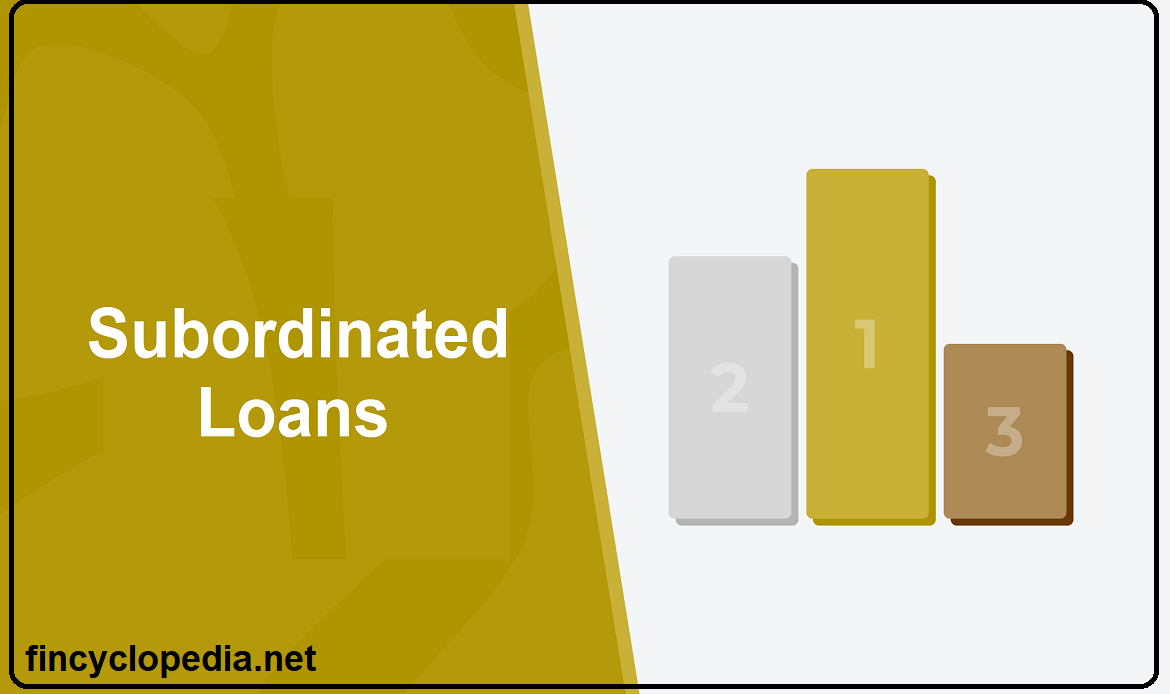An exchange-traded fund (ETF)- specifically, a type of synthetic ETF, that replicates its index with a swap transaction (e.g., a total return swap). The synthetic or indirect replication of the index involves a swap transaction along with a collateral. The ETF enters into a contract with a financial institution, whereby the latter delivers the index return in exchange for a fee. Given the use of swap contracts in the ETF construction, the fund is exposed to the counterparty risk involved in the swap.
These ETFs are a cost-effective alternative allowing ordinary investors to have exposure to niche markets or asset classes such as commodities and money market. In addition to that, swap ETFs can track certain markets in a more efficient and accurate way compared to physical ETFs.
A swap ETF can take different forms depending on the type of the swap (funded swap vs. unfunded swap) [for more, see: funded swap ETF and unfunded swap ETF].







